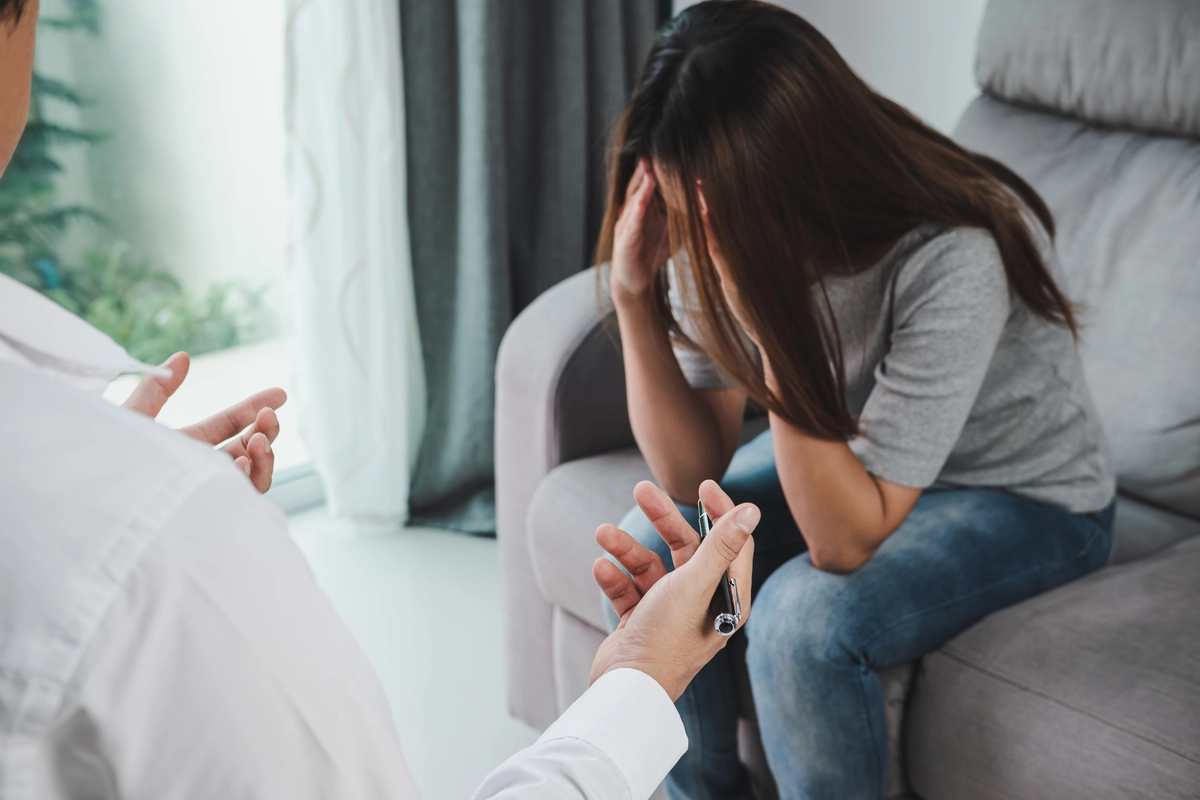24/7 Helpline:
(866) 899-221924/7 Helpline:
(866) 899-2219
Learn more about Bipolar Disorder Treatment centers in Antelope County

Other Insurance Options

Excellus

UnitedHealth Group

Humana

GEHA

Medical Mutual of Ohio

Health Partners

BHS | Behavioral Health Systems

Ambetter

WellCare Health Plans

Anthem

Private insurance

Magellan

Health Choice

Molina Healthcare

CareFirst

Amerigroup

Optum
Beacon

Providence

EmblemHealth




















































